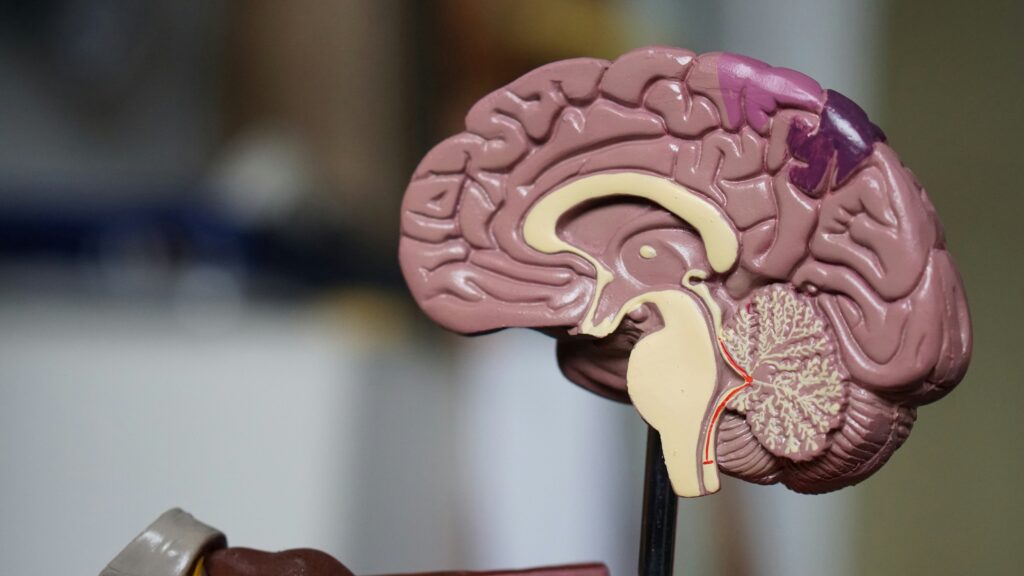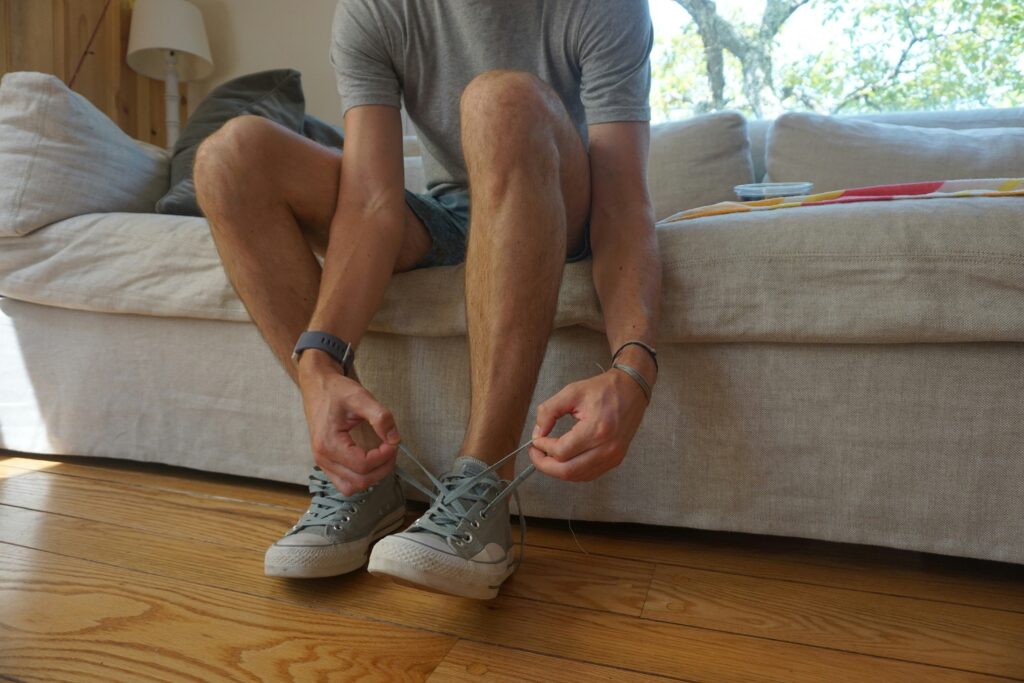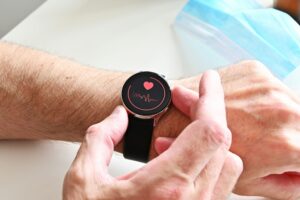Brain injuries can have profound effects on individuals, impacting their physical, cognitive, and emotional well-being. Recovery from such injuries is often a complex journey that requires a multi-faceted approach. Among the most critical components of this recovery process are Physical Therapy (PT) and Occupational Therapy (OT). At Full Distance, we understand the importance of these therapies in enhancing the quality of life for individuals recovering from brain injuries. This article explores how PT and OT contribute to brain injury recovery and the unique benefits they provide.
Understanding Brain Injuries
Brain injuries can result from various causes, including traumatic incidents (like falls or accidents), strokes, or medical conditions. These injuries can lead to a range of symptoms, such as impaired motor skills, cognitive difficulties, emotional changes, and challenges in performing daily activities. The recovery process often involves rehabilitation therapies that target specific deficits and promote overall recovery. For more information on brain injuries, visit the Brain Injury Association of America.

The Role of Physical Therapy in Recovery
1. Restoring Motor Function
Physical therapy focuses on improving motor skills, balance, coordination, and mobility. For individuals with brain injuries, regaining physical function is crucial. PT helps patients relearn movements and regain strength through tailored exercise programs. Therapists use various techniques, including gait training, strength exercises, and balance activities, to facilitate recovery. Learn more about the benefits of physical therapy at American Physical Therapy Association.
2. Enhancing Mobility
Mobility can be significantly affected after a brain injury. Physical therapists work with patients to improve their ability to walk, sit, and transition between positions. This not only aids in physical recovery but also boosts confidence and independence.
3. Pain Management
Many individuals experience pain or discomfort following a brain injury. Physical therapists employ various techniques, such as manual therapy and modalities like heat or cold therapy, to alleviate pain and enhance the recovery experience.

The Role of Occupational Therapy in Recovery
1. Promoting Independence in Daily Activities
Occupational therapy is centered around helping individuals regain independence in daily living activities. This includes essential tasks such as dressing, bathing, cooking, and eating. OT practitioners assess the specific needs of each individual and develop personalized intervention plans to address these challenges. For more information on occupational therapy, visit the American Occupational Therapy Association.
2. Cognitive Rehabilitation
Brain injuries often lead to cognitive deficits, impacting memory, attention, and problem-solving skills. Occupational therapists employ strategies to help patients improve cognitive functioning, which is essential for performing everyday tasks and enhancing overall quality of life.
3. Adaptive Techniques and Equipment
OT also focuses on teaching adaptive techniques and utilizing assistive devices to facilitate daily activities. This may involve recommending modifications to the home environment or using specialized tools to make tasks easier and safer.

The Synergy of PT and OT
While PT and OT have distinct roles in the recovery process, they often complement each other. A comprehensive rehabilitation program that includes both therapies can lead to more significant improvements in recovery. For example, as physical therapists work on mobility and strength, occupational therapists can simultaneously address the cognitive and functional aspects of daily living.
Recovery
Recovering from a brain injury is a challenging journey, but with the right support and interventions, individuals can regain their independence and improve their quality of life. At Full Distance, we are dedicated to providing personalized Physical and Occupational Therapy services tailored to the unique needs of each individual. By focusing on both physical rehabilitation and daily living skills, we empower our clients to overcome challenges and thrive after a brain injury.
If you or a loved one is navigating the recovery journey from a brain injury, consider reaching out to our team at Full Distance. Together, we can develop a comprehensive plan to support your recovery and help you achieve your goals.
For additional resources, check out:







